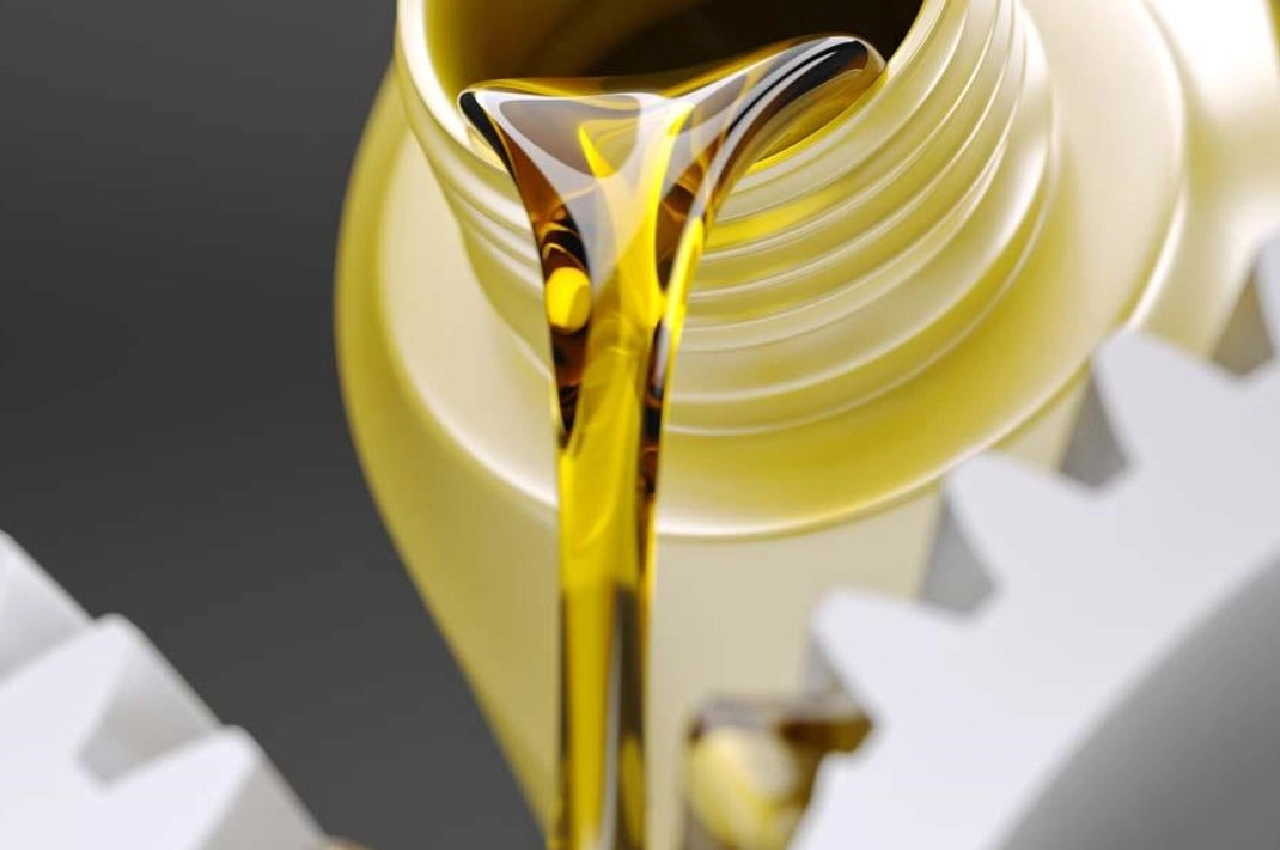Machinery Lubrication Analyst Level 2 (ICML)
Course Description
What I will learn?
- Maintenance Strategies, Oil Analysis & Reliability
- Tribology Fundamentals & Lubrication Theory
- Oil Analysis Program Best Practice
- OA CAT I – Lubrication Failure & Health Monitoring
- OA CAT II – Contamination Monitoring & Control
- OA CAT III – Wear Particle Analysis
- Oil Analysis Report Interpretation.
- Oil Field Inspection & Tests
Target Audience
- The Oil Analysis II course is most beneficial for maintenance, reliability and operations professionals who are involved in oil sampling or analysis activities.
- Planners, supervisors and managers and others can also gain valuable insights into lubrication program gaps, cost-saving opportunities and data-driven decision-making from this course.
Course Curriculum
Day 1
Session Duration ( 6 Hours )
-
Lubrication / Oil Analysis Fundamentals.
-
Optimizing Oil Analysis and Lubrication.
-
-> Oil formulation
-
-> Functions of lubricating oils
-
-> Lubrication regimes
-
-> Base oils and additives
-
-> Use of synthetic oils
-
-> Antioxidant additives
-
-> Dispersants and detergents
-
->Controlling wear with additives
Day 2
Session Duration ( 6 Hours )
-
Oil Sampling – The Very Best Practices
-
-> Successful oil analysis program
-
-> Sample bottles
-
-> Best sampling locations
-
-> Sampling valves and hardware recommendations
-
-> Optimizing sampling intervals
-
-> Primary and secondary sampling points
-
-> Sample circulating systems
-
-> Safe, effective high-pressure sampling from hydraulic systems
-
-> Best practices for sampling
-
Oil Analysis CAT 1: Fluid Properties Analysis
-
-> Causes of oil degradation
-
-> Recognizing and controlling oil oxidation
-
-> Monitoring lubricant degradation using acid number
-
-> Monitoring lubricant health using FTIR
-
-> Determining oil life using RPVOT
-
-> Recognizing and controlling thermal failure
-
-> Recognizing additive depletion or degradation
-
-> Using (blotter spot test) detecting additive and base oil degradation
Day 3
Session Duration ( 6 Hours )
-
Oil Analysis CAT 2: Contamination Control and Proactive Maintenance
-
-> Common contaminants
-
-> Oil cleanliness and oil life extension
-
-> ISO Solid Contamination Code
-
-> Oil filter and breather
-
-> Portable filtration carts
-
-> Setting targets for oil cleanliness
-
-> Detecting and controlling moisture contamination
-
-> Selecting moisture removal/filtration methods
-
-> Heat effects on lubricants
-
-> Controlling air entrainment and foam
-
-> Dealing with soot
-
-> Fuel contamination
Day 4
Session Duration ( 6 Hours )
-
Oil Analysis CAT 3: Fault Detection and Wear particle Analysis
-
-> Measuring wear metals using RDE and ICP spectrometers
-
-> Measuring larger particles with Rotrode Filter spectroscopy
-
-> Using ferrous density determining the severity of a wear problem
-
-> Using analytical ferrography for advanced fault detection
-
-> Using ferrography for root cause analysis
-
-> Four primary sources of friction in lubricated machinery
-
-> Wear mechanisms that reduce machine life
-
-> Wear modes in plain, rolling element, and thrust bearings
-
-> Gear wear
-
-> Wear in hydraulic systems
-
Instrument Free On-site Tests
Day 5
Extra Session – ( 4 Hours )
-
Session of reviewing Bank of Questions for ICML examination preparation.
Follow us for Exclusive Updates
Sign up now to stay connected and be part of our growing network!

